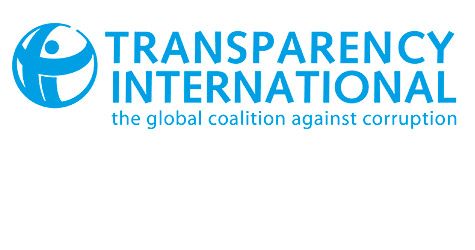TIBiH: Parties received some BAM 15.5 mil from all govt level budgets in 2020

Political parties in Bosnia and Herzegovina have received about 15.5 million Bosnian Marks from the budgets of all government levels in 2020, according to data from the annual financial reports published by the country's Central Election Commission, Transparency International in BiH said.
This amount is somewhat lower than in previous years when over 18 million BAM were paid to the parties, TIBiH noted, explaining that this is because Bosnia’s Federation (FBiH) entity “planned half as much money for it in the budget as in previous years."
Bosnia’s other semi-autonomous entity, Republika Srpska (RS), however, “planned a larger allocation of funds for political parties compared to the previous year, but the entire amount has not been paid yet.”
Parties in their reports mainly show revenues coming from the budget, the organisation said, adding that in 2020 those made up 72 percent of the total revenues, which amounted to 21.5 million BAM.
Parties however claimed they have very little in donations from private companies and that such revenues have decreased about 50 percent since 2016 when they were about 700,000 BAM.
"As in previous years a large part of these contributions came from prohibited sources, ie companies that had signed agreements with the executive authorities, a large number of parties stopped reporting donations at all,” the organisation said.
It gave the example of the ruling party in the RS entity, the Alliance of Independent Social Democrats (SNSD), which “has not reported a single Bosnian Mark in donations from private companies in its reports in the past four years.”
TIBiH said that at the end of last year, the parties reported about 357,000 BAM in contributions from legal entities, "and a large part of them is prohibited by the Law on Financing of Political Parties, because companies that donated to political parties had contracts with executive authorities."
TIBiH has previously filed complaints to the Central Election Commission (CEC) against 10 political parties for receiving 17 banned contributions and has now filed three more - two against Bosnia’s strongest Bosniak party, the Party of Democratic Action (SDA), and one against the leader Bosnian Croat Party, the Croat Democratic Union (HDZ BiH).
TIBiH said that in the annual reports, the 15 largest parties in BiH reported five million BAM in campaign expenses.
But the organisation said that this amount is far lower than the true one, as it determined through monitoring that those parties spent at least 6.7 million BAM on two forms of advertising alone (billboards and media advertising) and pre-election rallies.
This monitoring did not cover the costs of online advertising for which there are no relevant data sources, “so it is clear that the amount spent in the election campaign is far higher than stated by the parties in their annual reports,” TIBiH said.
Political parties reported debts amounting to 9.1 million BAM, which is higher than in previous years because many parties have been reporting ongoing debts to certain companies for a long time.
"Debts are written off after a certain period of time and this is one of the ways in which parties are financed by private companies by circumventing legal prohibitions," the organisation explained.
TIBiH pointed out that it has been warning of the shortcomings of the Law on Financing of Political Parties for years, arguing that it allows parties to bypass the reporting of all revenues and expenditures, as shown by the annual financial reports.
Kakvo je tvoje mišljenje o ovome?
Učestvuj u diskusiji ili pročitaj komentare





 Srbija
Srbija
 Hrvatska
Hrvatska
 Slovenija
Slovenija







